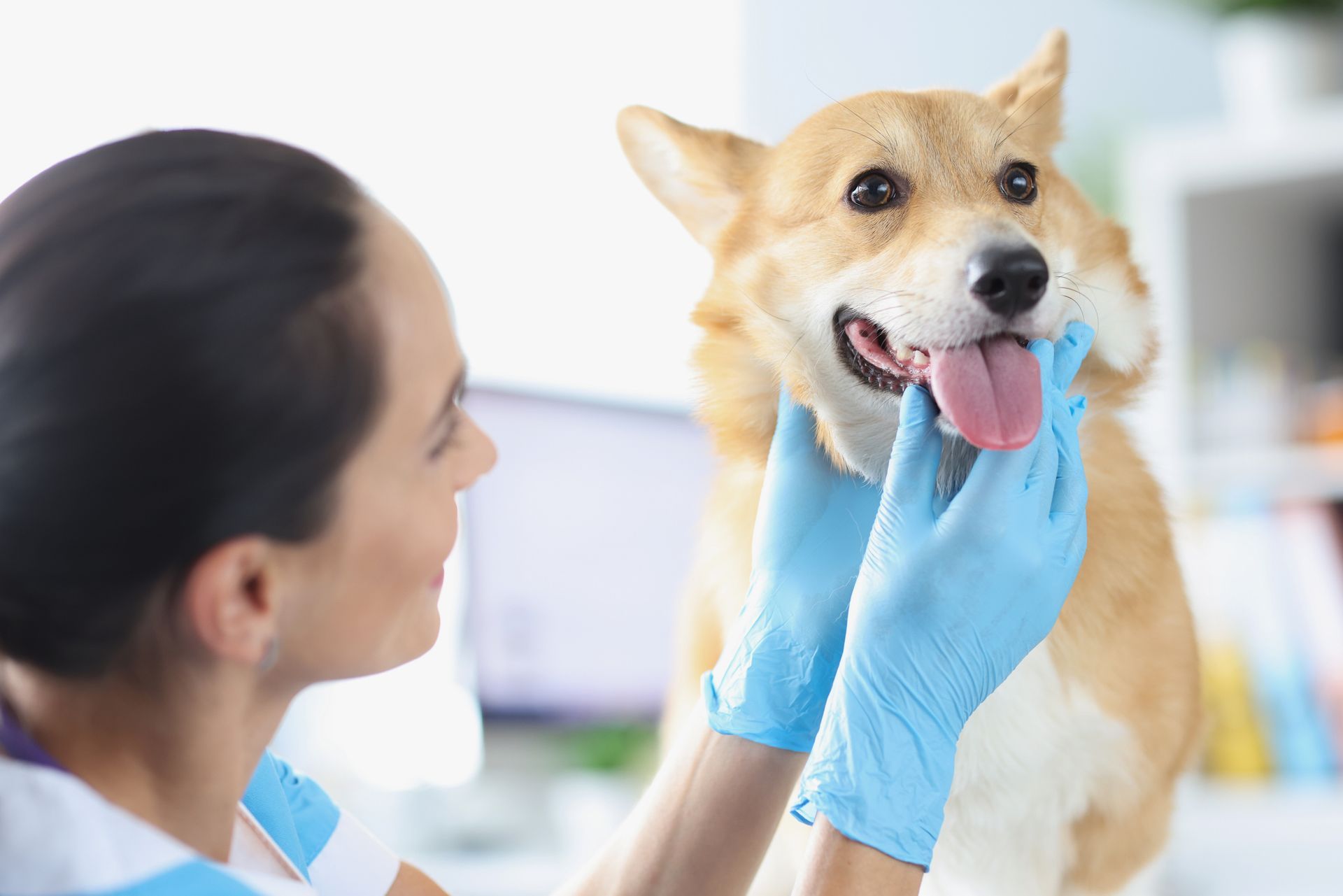6 Common Reasons For Canine Skin Irritations

When your dog experiences skin problems, its discomfort can be alarming. Your pet may scratch with enough force and consistency to produce open sores on its skin.
Although it is natural for a dog to experience an occasional itch, prolonged or incessant itching can indicate a condition that requires medical treatment. Here are six common reasons for canine skin irritations.
Ringworm
The name "ringworm" is deceiving. The condition is caused by a contagious fungus.
A ringworm infection, which can be passed from your dog to humans and other pets, causes circular, red, hairless patches to appear on the skin. These itchy areas may continue to spread until your pet receives treatment.
Your veterinarian will likely prescribe a topical antifungal treatment to kill the ringworm and allow your dog's skin to heal.
Environmental Allergens
Like humans, dogs are sometimes allergic to substances in their environment, including pollen and dust. It can be difficult to identify an environmental allergen without proper testing.
To diagnose your pet's allergy, veterinarians test its blood. The blood test indicates the types of allergens that your pet reacts to.
Once the allergy has been diagnosed, your vet can prescribe an effective treatment, which typically includes oral medications and shampoos. In some instances, injections may be required.
Folliculitis
Folliculitis is the inflammation of your dog's hair follicles. Canines may develop folliculitis as a secondary condition when they are suffering from other skin issues, such as allergies or mange.
The inflamed follicles may cause bumps and sores to appear on the dog's body. To treat the condition, your veterinarian may recommend shampoos and ointments, as well as antibiotics.
Food Allergies
Your dog may be allergic to wheat, certain fruits or vegetables, and even certain kinds of proteins. When it eats these items, it may experience itching, especially on its ears, feet, anus, and face.
The canine's symptoms may improve after the offending items have been eliminated from its diet. Still, identifying the allergy sources can take time.
For several weeks, your dog's vet may ask you to systematically remove suspected foods from its diet. Once the allergens have been found, the vet will likely ask you to ensure your pet avoids the offending items. Additionally, the provider may suggest a new brand or type of dog food.
Mange
Mange is caused by mites that invade your pet's skin and hair. Here are two varieties of mange that may infect your dog:
- Demodectic: Demodectic mange is caused by Demodex mites, which are passed to puppies by their mothers. The mange usually affects dogs in their first year of life and older canines with weakened immune systems.
- Sarcoptic: Sarcoptic mange is due to an infection by the Sarcoptes mite and causes hair loss on the extremities, ears, and face. The condition, unlike Demodectic mange, is highly contagious.
Because mange is caused by mites, your pet's vet diagnoses the condition by assessing a skin sample under a microscope. To kill the mites and relieve the inflammation, medicated shampoos and oral medicines may be prescribed.
Flea Allergy Dermatitis
A flea infestation can cause dermatitis with intense itching. Flea saliva may incite an inflammatory immunological response that results in red, inflamed skin.
To treat the condition, your vet may prescribe shampoos and oral flea medications to kill the bugs and soothe the skin. Once the condition is under control, a flea preventive may be suggested to ensure that your pet remains protected. Your pet's provider may also suggest that you treat your pet's living area, including your yard.
If your pet has been scratching more than usual,
contact Baywood Animal Hospital to schedule a consultation.










